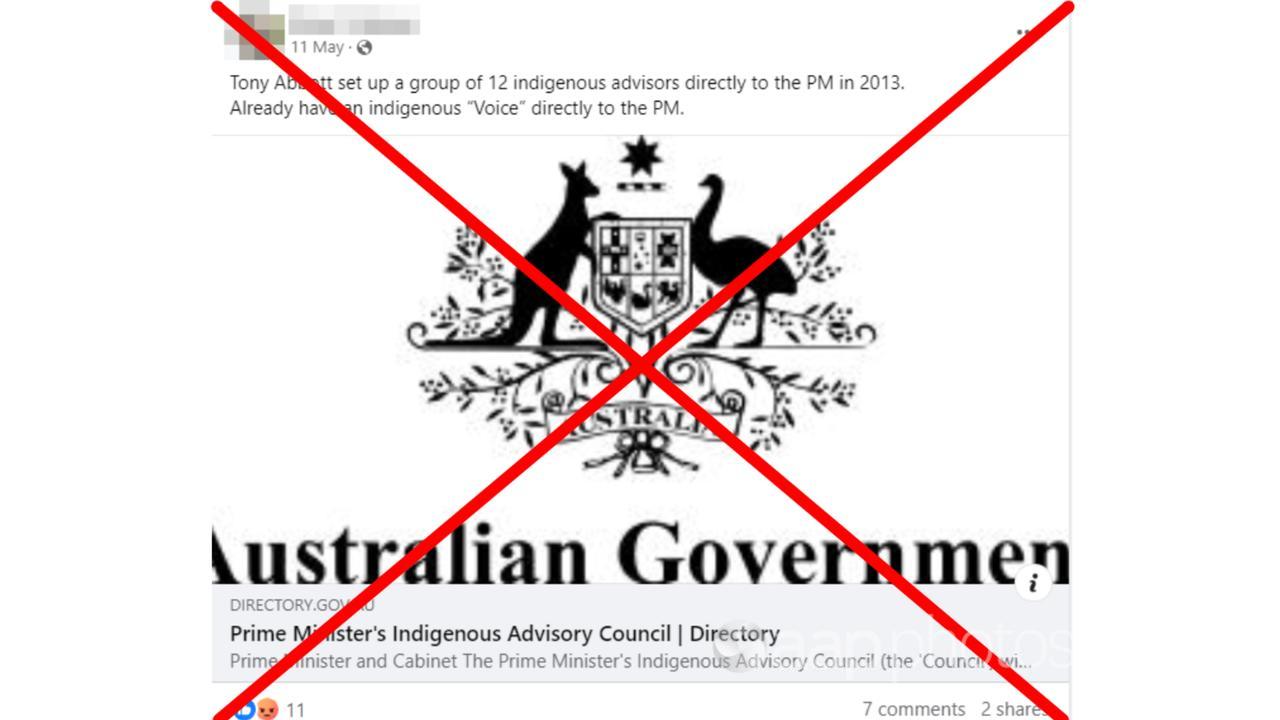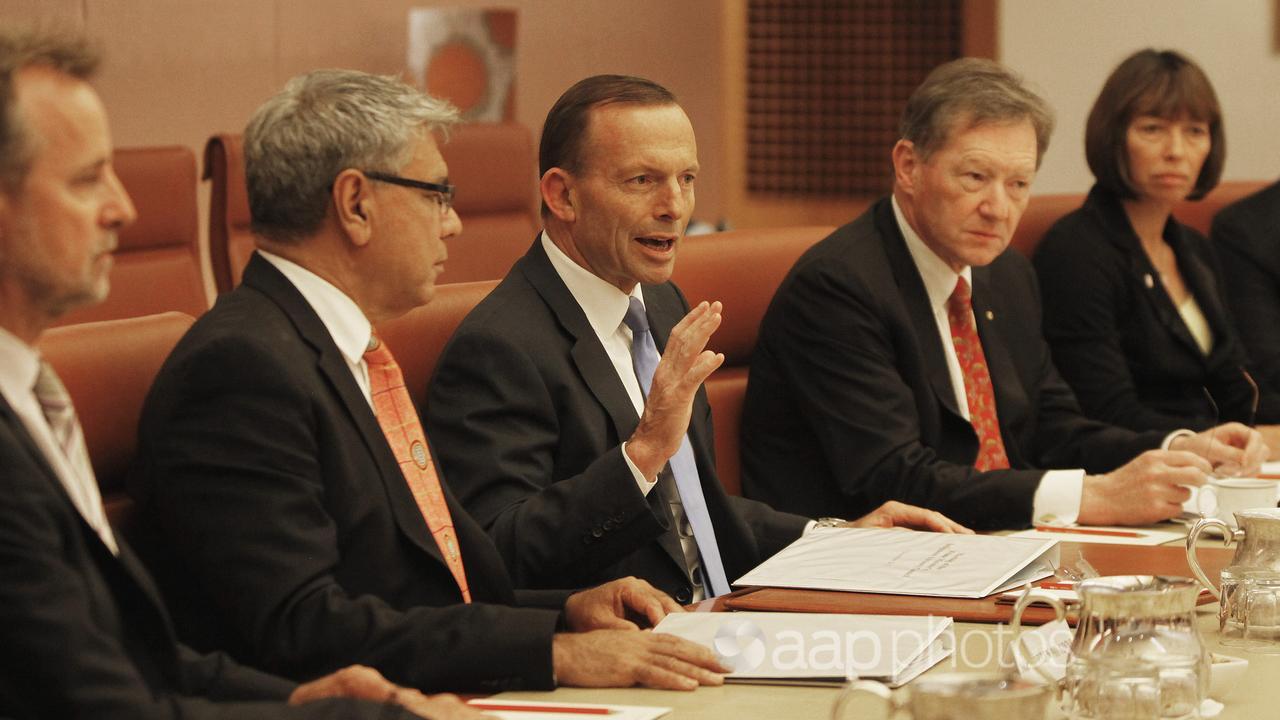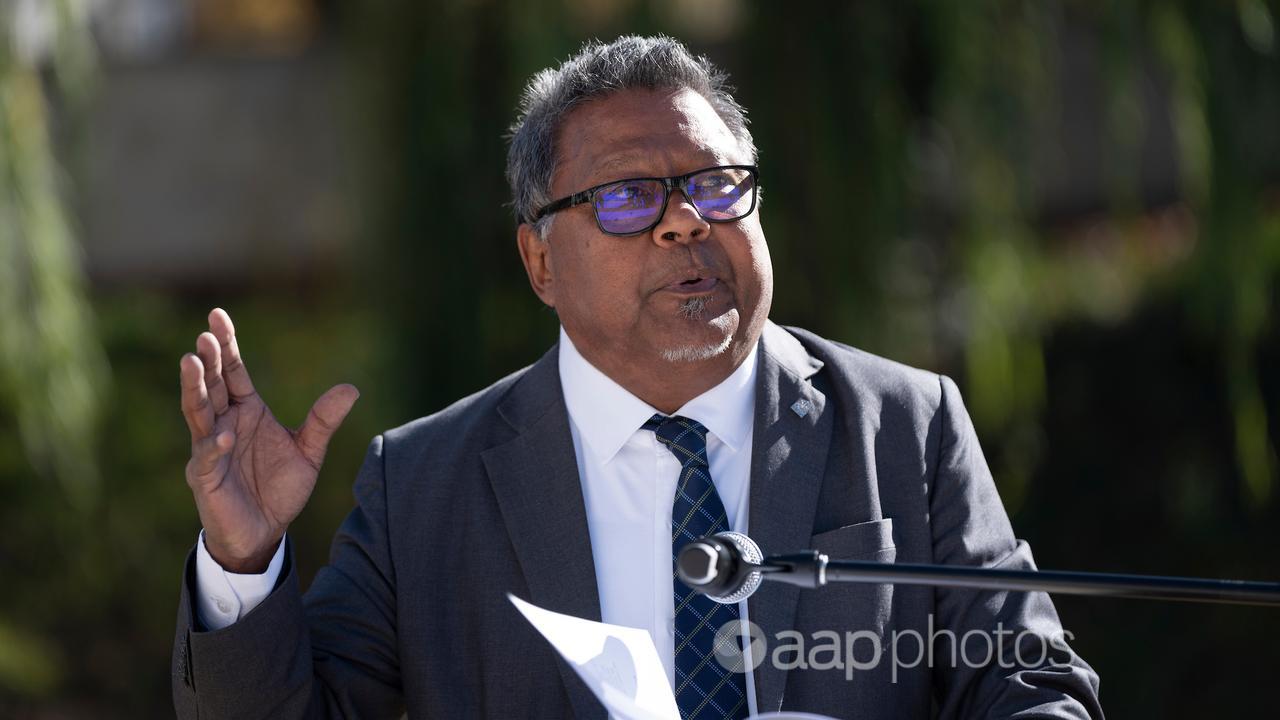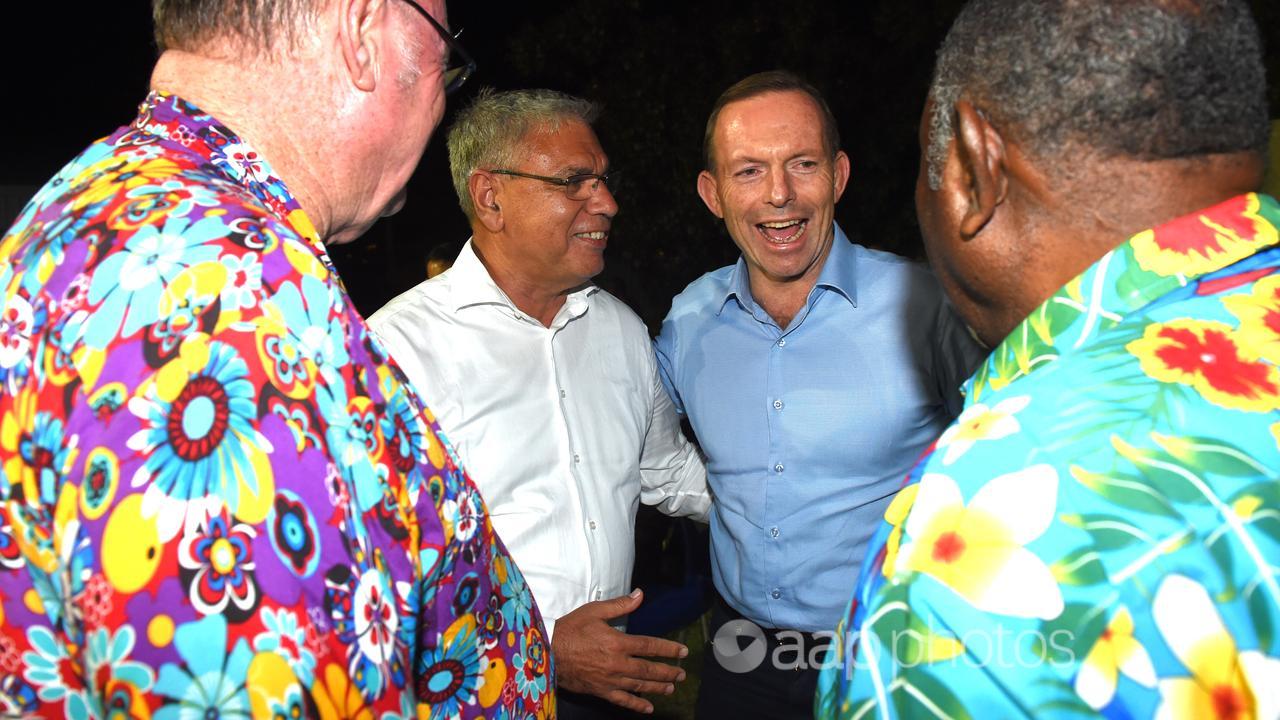Opponents of the Aboriginal and Torres Strait Islander Voice claim the body is unnecessary because the Prime Minister’s Indigenous Advisory Council already advises the government.
This is false. The Indigenous Advisory Council stopped operating in 2019.
The claim has spread across social media, as seen here, here and here.
One Facebook post (screenshot here) states: “Tony Abbott set up a group of 12 indigenous advisors directly to the PM in 2013. Already have an indigenous ‘Voice’ directly to the PM.”
The post strangely includes a link to the federal government’s online directory listing which states: “The Prime Minister’s Indigenous Advisory Council (the ‘Council’) ceased in 2019.”
Another Facebook post (screenshot here) claims: “I just discovered there are two government bodies already advising the government on aboriginal affairs. The prime minister’s indigenous advisory council and the (National Indigenous Australians Agency).”

The Indigenous Advisory Council was established in 2013 by then prime minister Tony Abbott, with its first meeting held on December 5.
Its purpose was to advise the government on Indigenous affairs, with a focus on “practical changes to improve the lives of Aboriginal and Torres Strait Islander people”.
The 12 inaugural members were both Indigenous and non-Indigenous people including Nyunggai Warren Mundine, Josephine Cashman, banking executive Gail Kelly and mining boss David Peever, among others.
In February 2017, prime minister Malcolm Turnbull temporarily dissolved the council and appointed six new members.
The council’s last meeting appears to have been in February 2019, when Scott Morrison was prime minister.
The Department of the Prime Minister and Cabinet confirmed to AAP FactCheck the council’s term of appointment officially concluded on January 31, 2020, following the body’s final public statement in March 2019.

Professor Peter Yu, vice-president of the First Nations Portfolio at the Australian National University, told AAP FactCheck the body effectively disappeared in 2019.
Gabrielle Appleby, a law professor at the UNSW Sydney, said no equivalent body had been established in its place.
She said the council had many differences to the proposed voice.
“It was a body that was giving internal advice to the Prime Minister and Cabinet – it did not have a role in providing advice to the Parliament in making laws, and it did not speak to the broader executive, such as the public servants whose role it is to develop policies, laws and implement them,” Professor Appleby told AAP FactCheck.
“Its (12) members were never representative of and accountable back to Aboriginal and Torres Strait Islander people, but, rather was a small group of people providing advice based on their views, expertise and experience.”
Professor Appleby also said it was not independent from the government.

The National Indigenous Australians Agency, also mentioned in some of the posts, is a government agency that implements policy and administers programs established by the Commonwealth. It does not advise parliament.
The proposed voice would be a constitutionally enshrined body that can make representations to parliament and the executive government on issues relating to Indigenous people.
The Indigenous Advisory Council is one of a number of defunct Indigenous representative and advisory bodies since the 1967 Referendum.
The Verdict
The claim that the prime minister already has his own advisory body in the Indigenous Advisory Council is false.
The council ceased operating in 2019 under the previous coalition government.
An expert told AAP FactCheck it was markedly different to the proposed voice, including that it was not independent of government and did not provide parliament with advice.
False – The claim is inaccurate.
AAP FactCheck is an accredited member of the International Fact-Checking Network. To keep up with our latest fact checks, follow us on Facebook, Twitter and Instagram.
All information, text and images included on the AAP Websites is for personal use only and may not be re-written, copied, re-sold or re-distributed, framed, linked, shared onto social media or otherwise used whether for compensation of any kind or not, unless you have the prior written permission of AAP. For more information, please refer to our standard terms and conditions.


















